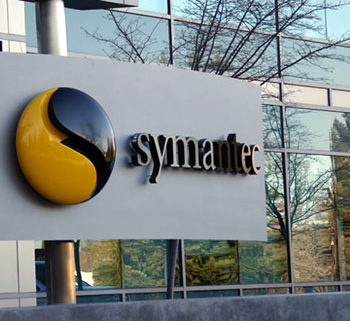Symantec insists consumer versions of Norton Antivirus are safe, but a group of hackers who call themselves the Lords of Dharmaraja claim (link may be removed at any time) to have stolen the company's proprietary source code for Norton and possibly other commercial products. Symantec has confirmed the group's claim. However, the company believes the only source code exposed was for older versions of its enterprise products, Endpoint 11.0 and Symantec Antivirus.
Despite the company's denial, hackers insist they have "up-to-date source code" for Norton's antivirus utility and will release it in the future. The only "proof" provided thus far though is an internal Symantec document dated 1999.
The hacking group claims to have also pilfered source code from over a dozen companies during its intrusion of Indian Military Intelligence computers, however, this statement cannot be corroborated. Without any evidence, such claims remain entirely unsubstantiated but it may not be unreasonable to speculate that software companies like Symantec have worked closely with military officials.
Originating from the same cyber-attack, hackers also revealed a leaked document which asserts that RIM, Apple, Nokia and other companies have created backdoors at the behest of government agencies. Ironically, the document suggests that India may have been using these backdoors to spy on American and Chinese governments.
The Indian government has denied the resulting allegations of espionage, claiming the leaked memos are forged. Despite India's fervent denial though, a subsequent U.S. investigation into the matter is under way.
Symantec reaffirmed that its Norton property is safe, but this remains an embarrassing situation for the internationally known security firm. If proprietary source code does turn up for recent consumer products, it could give hackers profound insight into defeating some of the most prolific security software titles in the world.
